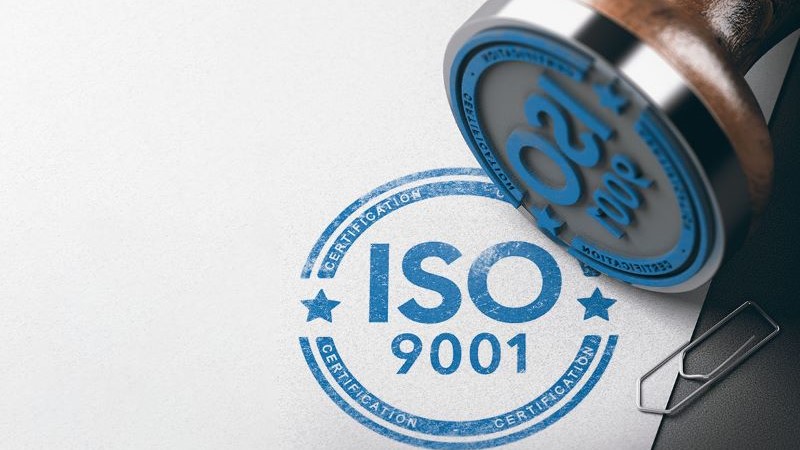"
HR processes for ISO certification
Recently an increasing number of our clients have been talking to us about their plans to become ISO certified. Having this prestigious certification is hugely beneficial for businesses across a multitude of sectors in that achieving ISO standards enables an organisation to demonstrate that it holds itself to the highest standards, to continuously improve internal processes and efficiency; and strengthens its ability to retain existing clients as well as win new business: recent stats show that of Companies achieving ISO9001 certification, 62% qualified for or won new business as a result [1]. Many government-funded and large companies use ISO certification as a pre-requisite for organisations to be able to submit a tender.
But did you know that your HR processes and procedures play a part in all of this? Read on to find out how we can help.
What is ISO Certification?
ISO stands for the International Organization for Standardisation. Founded in 1947, it is a global independent body which works to provide standards for businesses to follow across an array of products and services. As of today, ISO has over 24,000 documented standards [2], covering almost all aspects of technology and business across 165 member countries.
Whilst there are many standards covering different aspects of business, we are seeing ISO27001, which deals with the security of data and information; and ISO9001, dealing with Quality Management Systems, are the most sought after amongst our client base.
HR processes for ISO certification - How does HR fit in?
Gaining ISO certification relies on having robust processes in place to demonstrate that your organisation holds itself to the highest standards, and your people processes are no exception.
Particularly for ISO27001, it is imperative to have controls around every step within the employee lifecycle to ensure that employees are aware of what is expected of them in relation to their responsibilities around information security, as well as that employee data is handled in a secure, GDPR-compliant, way.
ISO9001 on the other hand covers the whole set of processes, policies and procedures required by an organisation to plan and perform its activities across everything it does whilst maintaining a consistent level of quality; which means fewer mistakes, higher efficiency and clear expectations and overall happier customers and employees.
Examples of some of the HR processes you will need to ensure you have in place to certify for ISO include:
- Pre-employment reference checking and screening processes are in line with the nature of the role.
- Robust employment contracts and clear job descriptions which outline responsibilities and expectations.
- Clear processes are in place for handling information from and between external-parties
- Effective policies, as well as ongoing training and education for employees, on the standards of behaviour expected of them, and the potential consequences of falling short.
- Well-maintained, documented and embedded people processes including managing performance e.g. an appraisal process and process to handle poor performance.
- A well-controlled offboarding (or termination) process.
Of course, there are greater benefits to having clear policies and processes in place than being able to achieve an ISO certification. We often talk in our blogs about the importance of having what we like to call ‘the Brilliant Basics’ in place, as they provide structure and clarity to your people about what is expected of them and what they can expect in return – after all, not many people enjoy ambiguity! Having such basics in place gives you a starting point to build from in order to make your organisation a great place to work and to make sure your employees feel valued for their contribution.
If you would like to talk to us about getting your Brilliant Basics documentation in place, or about how we can support you to ensure your people processes are aligned with ISO certification requirements, get in touch.
If you liked this you'll like: The HR Documents every business needs
[1] https://www.british-assessment.co.uk/
[2] https://www.iso.org/iso-in-figures.html
"













